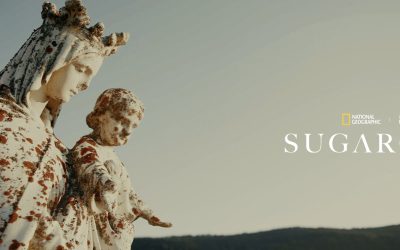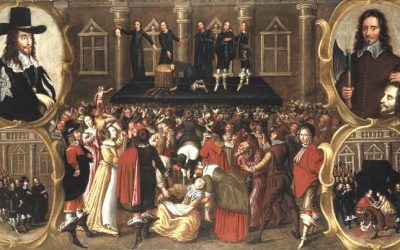RUSSELL Means once believed that aboriginal people could only find peace and security through violent armed struggle, but he told a group of Winnipeggers yesterday that peaceful co-operation is the only hope for his people.
Means, a leader in the early 1970s of the U.S.-based American Indian Movement, said native people can find success on the reserve or off without having to abandon their traditional ways.
“The indigenous struggle throughout the world is the same,” Means, 64, told a luncheon gathering of the Frontier Centre for Public Policy, a Winnipeg-based independent think-tank. “I believe in individual liberty through self-determination and through representative government.”
Means has led a colourful and sometimes controversial life. He is an Ogala Lakota, born on the Pine Ridge reservation in South Dakota and raised in California, where he became a petty thief and alcoholic.
But he is remembered as the forceful spokesman for American natives during a violent period in the late 1960s and early 1970s. Means and other AIM members occupied Alcatraz prison in 1969, the Bureau of Indian Affairs in Washington, D.C., in 1972, and the 1973 occupation of Wounded Knee in South Dakota. In 1980, he was profiled in the leftist magazine Mother Jones, where he proclaimed that for native people to survive, Europeans must die.
But today, Means is concentrating on helping his people find respect, prosperity and inner peace. He’s also become an actor, having appeared in 16 movies or television films since 1992, including Natural Born Killers, Last of the Mohicans, and in Disney’s animated Pocahontas (and the sequel) where he provided the voice of Powhatan. During a 60-minute speech, the large and barrel-chested Means spoke of his wild and crazy past, his attempts to run for elected office — the governorship of New Mexico and the nomination for Libertarian Party candidate for the U.S. presidential election in 1988.
He was firm in his belief that all people have the right to live in a society that recognizes them as free individuals.
“I have fought armed struggles against the United States government and the Sandinista government of Nicaragua. I have suffered through nine assassination attempts and I have done time in penitentiary.”
Means was dismissive of most organized groups, including tribal councils and tribal courts in the United States, the Bush government and the Democratic Party.
He compared life on reservations to living under communism, adding that American reservations and Canada’s reserves imposed a foreign concept of governing onto native people.
The reserve system, he said, “crippled Indian people emotionally and spiritually and physically. Communism is alive and well on reserves in North America.”


